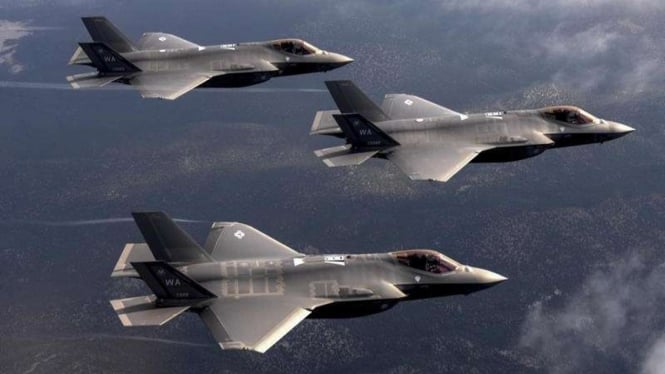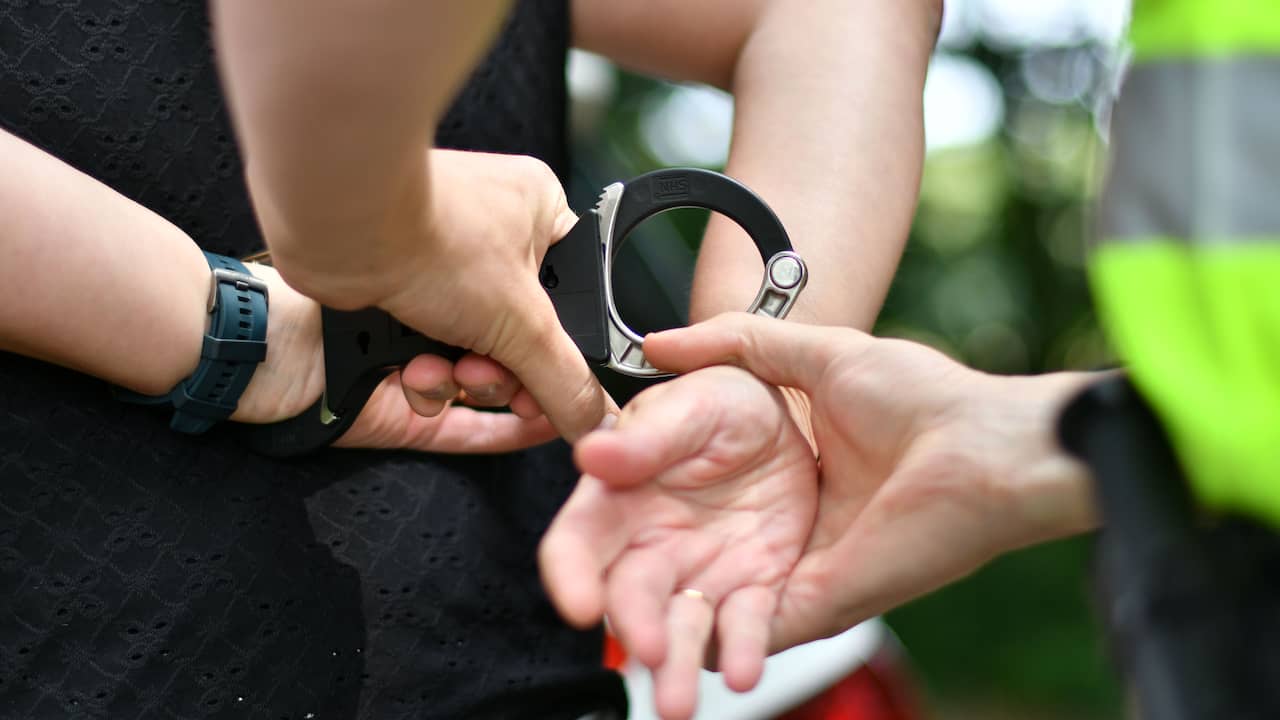MONTREAL — After a grueling 11-day, 22-hour, and 25-minute Stations of the Cross, Sébastien Sasseville crossed the finish line of the Race Across America in Annapolis, Maryland, a feat in itself, even if the experience didn’t quite go the way he wanted.
“In the solo category, we were 35 at the start and 14 finished, including me, in 12e place, fifth in my age category, he told The Canadian Press. It is certainly not a big pool and there is always the question: did I finish 12e out of 35 or 12e out of 14? I think it’s 12e out of 35 in my case.
“We had ambitious goals, but my body completely collapsed on day nine. From then on it all went to waste and the goal became to finish because if you come back with ‘DNF’ (Did not finish) nothing like that that you have made does not exist.”
The Race Across America is a perilous 4800 km course – 30% longer than the Tour de France – punctuated by 54,500 m of elevation gain over 12 States and which must be completed in less than 12 days. By day 9, Sasseville’s body, who has type 1 diabetes, didn’t want to continue.
“It’s not related to my diabetes. But from day 1, we were in the desert and we had a very long stop, five hours. We found that riding in the sun, at 45 degrees Celsius, would cost too much physiologically. But out of those five hours, I only slept for 45 minutes. It’s a big problem. I have super fragile sleep: even after 525 km, I had trouble sleeping,” he explained.
“Day 2, logistical problem: we can’t get to where we wanted to sleep. We then improvise a solution, but I haven’t slept at all. Day 3, we have a first point to cross, otherwise we are eliminated. We got through just 90 minutes ahead of the deadline, but I only slept two hours. After three days and 1500 km of pedaling, I had slept only 2h45. I was a ticking time bomb. We knew I wasn’t going to last. On day 9, I broke.”
Frustrated, pained and unable to approach the situation rationally, Sasseville lets himself be guided by his team.
“Cognitively, I was no longer there and it was the team that took control of the situation. I will be indebted to them all my life. They forced me to go to bed for five hours and set the new goal: finish the race.
“When I woke up, I had three days and 1000 km to go. They established the game plan: one day of 400 and two days of 300 km. But you don’t wake up fresh as a rose: you’re still demolished. I slept from 5 p.m. to 10 p.m., the night begins, and you are broken, but you have no more game. There were 60 hours left to cross these 1000 km. It’s really demanding mentally and psychologically, for you, but also for the team,” he said.
Excluded, therefore, all the performance objectives he wanted to achieve.
“Physically, I had what it took to finish among the top-5. Until day 9, I was sixth overall. I was ready.
“What cost places in the standings was inexperience. I’m super comfortable with it and I’m not disappointed. We did what we wanted and more. There are more people reaching the top of Mount Everest (which it has already accomplished) than the Race Across America. I’m very proud of it. To have completed 12e instead of ninth, does that really change what in the story? Not so much,” he assured.
“I am so proud, I lose my words. The story here is the team. Very early on, we realized that it’s not giving Gatorade to a cyclist that is difficult. Commitment is fashionable, but it’s more than commitment: it’s a family that had a project at heart. That’s why I was able to offer such a good performance in this race,” he added.
And now?
“My next challenge will be to have no challenge! I want to force myself to enjoy life a little more. I have been in a training structure for years. There are lots of little things that I don’t experience: dinners with friends, working on my house, super mundane things like taking a weekend to go on vacation, ”listed Sasseville.
“I give myself a year before planning a new adventure. As it takes about a year of preparation, it means that my next adventure would happen in two years. It gives good blows to the body, and I’m not sure I want to live that every year, ”he admitted.
Is a new Race Across America possible?
“Yes, I would do it again. Maybe not tomorrow, not next year, but it’s so rewarding. People see the bike, but that’s the tip of the iceberg. What you experience as an athlete, as a person, the preparation, the experience, the bonds with the team that have been forged. It’s the experience of a lifetime,” he concluded, visibly happy.
–


